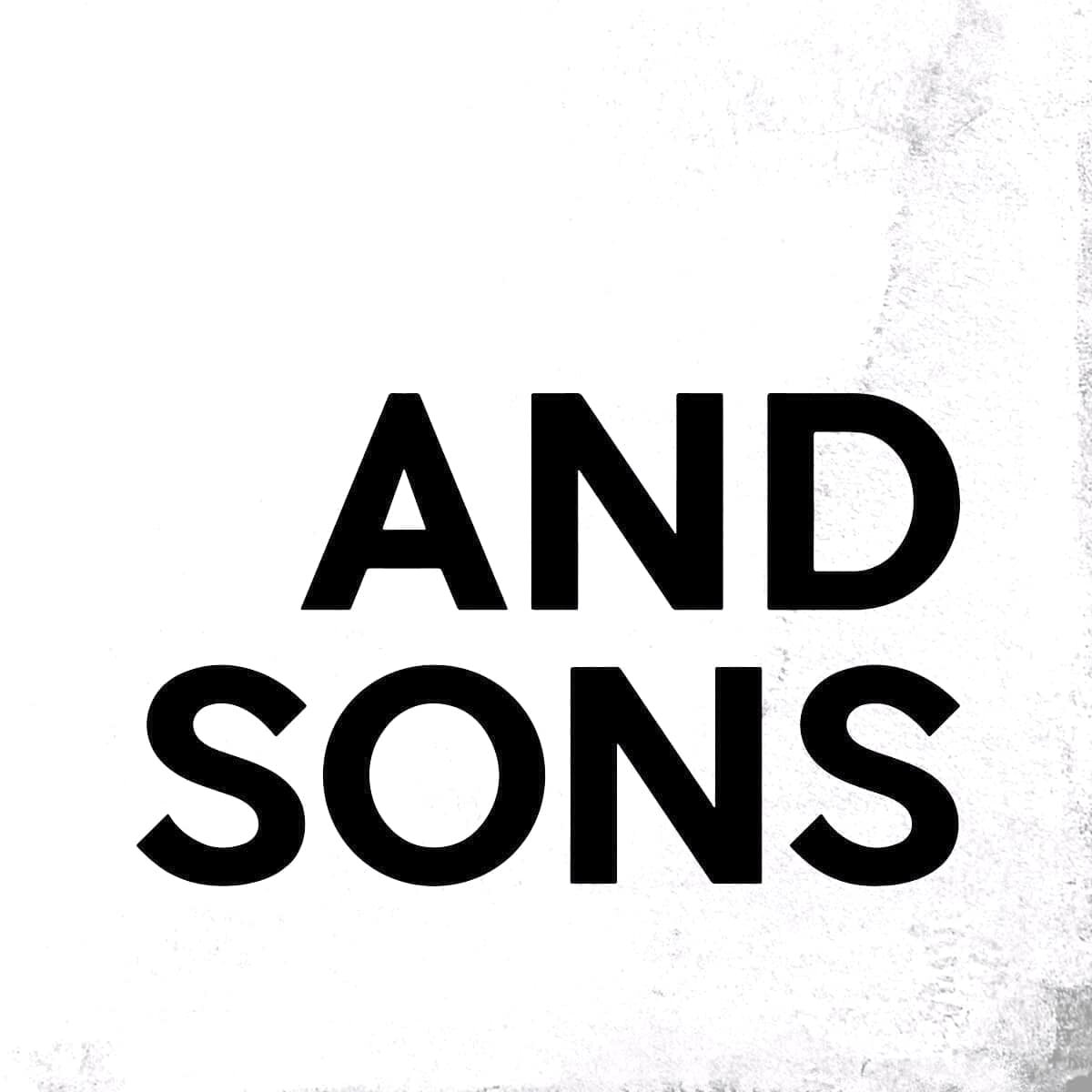Race, Righteousness, & the Gospel
An Interview with Reverend JT Thomas
Jonathan Tremaine Thomas is an actor, activist, pastor, producer, social entrepreneur, fifth generation “preacher’s kid,” and the grand-nephew of the legendary civil rights artist Dr. Nina Simone. He’s also the founder of Civil Righteousness, an organization committed to racial justice and reconciliation through Jesus. In this conversation, we sat down to talk about Jesus’s unique justice agenda, and the way we play our part. – Ed.
And Sons: We’re going to jump into the deep end of the pool. What is the opportunity for the Kingdom of God and how exactly do you see the church participating?
Jonathan Thomas: The opportunity is for us to mature, and to actually take on a greater measure of the love of God and the character of Christ than we perhaps have ever known in church history.
I know that sounds like a really big statement, but I say that because the Bible informs us that Christ is going to return for a mature church. And that means that we’re going to come into a greater oneness, not only with Christ, but with each other. According to the book of Ephesians, we’re actually going to believe the same things about Jesus. That’s profound when you look at how much division exists in the church and between denominations. That’s the opportunity: To allow God to deal with us and to transform us.
AS: In the background, there’s a massive movement underway, calling for racial justice in the United States. Something we think is very unique about your organization is, simply, the name: Civil Righteousness. You guys say that civil inequality requires a civil rights movement, but that civil iniquity needs a civil righteousness movement. Would you unpack what you mean by iniquity and righteousness and how they’re related?
JT: When we think of inequality or injustice, we could use a biblical term, transgressions, or even trespasses. We say it in the Lord’s prayer: “Forgive us our trespasses as we forgive those who have trespassed against us.”
That’s really, “Forgive us the injustices that we’ve committed against one another as we forgive those who have committed injustices against us.” Injustice, or, the external violation of a person, requires a righting of that injustice. That’s an external, justice-centered movement.
“Who do you think is your enemy? Go serve them.”
But Jesus’s justice agenda is different. One of the reasons why he was so hated on Earth is because he stood before the Pharisees and the religious leaders of his day and he said, “You know what? You’re pointing your finger at me for hanging out with a prostitute, when in your heart, you’re imagining yourself with her. You’re really jealous that I’m hanging with her because you’re lusting after her.” And he goes, “As you think in your heart, so you’re doing.” You’ve already committed adultery at the heart level. The iniquity is your thoughts. It’s the inward life, the intentions, and the motives of your heart. And Jesus is saying, in effect, before you point the finger at me, before you point the finger at them, or at that group of people or that political party and say, “They need to change,” you need to change.
Jesus’s justice agenda begins with justice on our inside, within us. It’s internal transformation that leads to the reform of everything externally, where we live, and how we live with people.
AS: Woah. It’s so helpful. And it sounds more challenging. One of the problems right now is that it feels like the blinders are always on. It’s just the year 2020. It’s just the latest act of violence of the latest racially-biased event. What you’re bringing to the table is that as Christians, we’re uniquely situated to say, “Okay, not only is it larger as in the entire history of the United States, it’s larger as in human nature across time. Human beings fundamentally need Jesus.”
JT: Yeah. When we’ve looked at racism, we’ve looked at injustice as a purely political issue, and we’ve pursued political solutions. We’ve had so many movements, whether around race or gender or sexual orientation, but at a fundamental level, God is like, “How can you love God who you cannot see if you don’t love your brother who you can see?” (1 John 4:20).
Learn more about Reverend JT Thomas’ organization Civil Righteousness at: CivilRighteousness.org
Print isn’t dead.
If you enjoyed this article, you’d probably love more like it in the And Sons print issue. If you don’t have one of these on your coffee table right now, you should probably go explore our back issue catalog.



